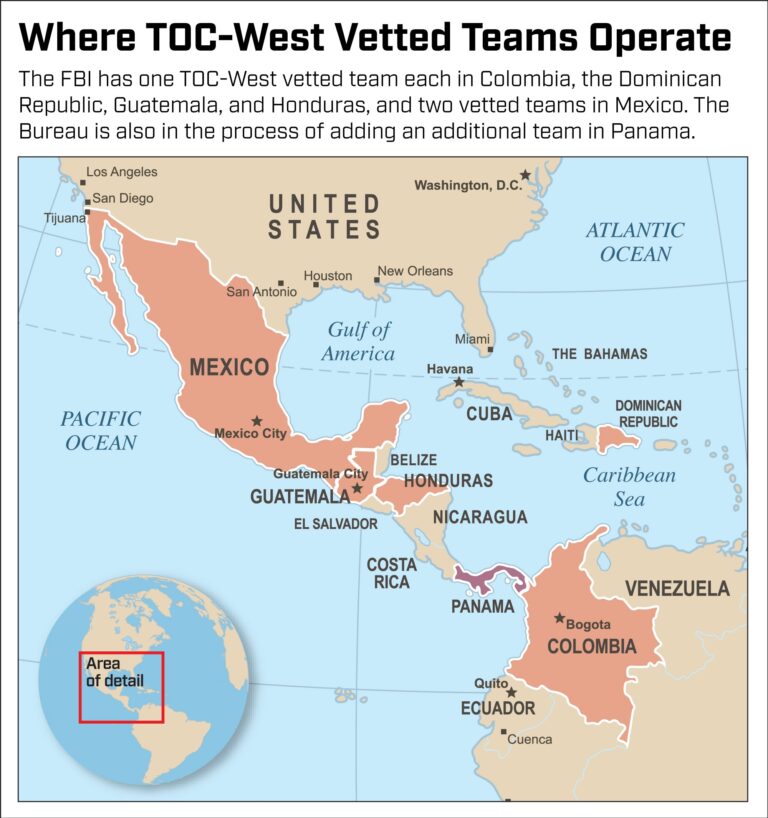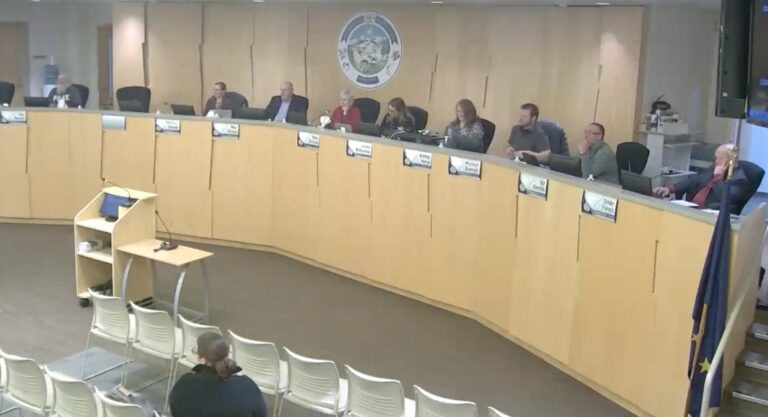The People of Alaska vs. The Legislature
Part VI: The People’s Possession: Alaska’s Ownership of the Permanent Fund Dividend
By Michael Tavoliero
When Alaska became a state, it inherited not only the laws of property, but the deeper moral logic behind them that ownership carries stewardship, and rights are rooted in participation. Under the Alaska Constitution, the people are the true owners of the state’s natural wealth, and the government serves as their trustee. The Permanent Fund Dividend (PFD) is not a grant of benevolence but the continued fulfillment of that trust; an acknowledgment that the people, as beneficiaries and sovereigns, share directly in the management and benefit of the resources held in their name.
The Moral Foundation: Possession as Legitimacy
From Roman law to American common law, possession has long been the first evidence of right. The one who holds and uses property openly, continuously, and responsibly acquires a moral title that law eventually recognizes. This is not merely technical doctrine; it reflects an ancient sense of justice. Those who actively tend, improve, or sustain something become, in time, its rightful stewards.
Alaska’s people have done precisely that. For over forty years, they have received and relied upon the PFD; a tangible, recurring acknowledgment of their participation in the state’s sovereign wealth. The PFD is more than an annual payment; it is an act of civic recognition, reflecting the people’s beneficial possession of Alaska’s resources. Each year’s distribution reaffirmed a living relationship of mutual trust, open acknowledgment, and shared stewardship between citizen and State.
Adverse Possession and Its Civic Analogy
Under Alaska law, adverse possession (AS 09.45.052) allows title to property to transfer to someone who has used and occupied it openly, continuously, and without interruption for the statutory period. The purpose is practical and fair: when real-world use has been settled and visible for a long time, the law eventually treats the possessor as the rightful owner. In short, use ripens into right.
In the same way, Alaskans have openly and continuously received and relied on the Permanent Fund Dividend for more than forty years, with the full and repeated affirmation of the State. Every annual appropriation and distribution has reinforced that relationship. By any equitable measure, this long, public, and beneficial possession has matured into a civic ownership interest — not as a gift from government, but as a right confirmed through practice and trust.
While AS 09.45.053 prevents adverse possession from transferring title to state land, the principle behind the doctrine remains firmly recognized in Alaska law: long-standing, open, and unchallenged use settles expectations and stabilizes ownership. As the Court explained in Alaska National Bank v. Linck, 559 P.2d 1049, 1052 (Alaska 1977), possession that is “continuous, uninterrupted, nonpermissive, hostile, adverse, exclusive, actual, open, notorious, and visible” matures into right. And in Shilts v. Young, 567 P.2d 769, 771 (Alaska 1977), the Court stressed that these conditions exist to bring disputes to rest— to quiet title and prevent governments or others from undoing what has long been settled.
Quiet title simply means formally recognizing ownership where possession has already proven it.
Thus, even though the statute does not allow adverse possession to transfer state land, the equitable rule remains: long, open, and acknowledged possession becomes a recognized right. The people’s uninterrupted, publicly affirmed experience with the PFD satisfies that principle— a right matured through continuity, reliance, and the State’s own long-standing acknowledgment.
Extending the Principle Beyond Land
The law’s logic extends beyond real property. The spirit of adverse possession, that enduring, visible, and beneficial use creates legitimacy, applies equally to other forms of rights that evolve through practice and public reliance. Alaska’s courts have repeatedly affirmed this concept.
In Ravin v. State, 537 P.2d 494 (Alaska 1975), the Alaska Supreme Court held that the right to privacy in the home was not created by statute but was a long-exercised right possessed by the people and merely recognized by the Constitution, and that the State could not later reclaim what it had long acquiesced to.
Likewise, in Pierce v. Society of Sisters, 268 U.S. 510 (1925), the U.S. Supreme Court recognized parental authority over education as a fundamental liberty beyond the reach of the State, because it had been continuously and deeply rooted in social practice.
And in Sturgeon v. Frost (I & II), 577 U.S. 424 (2016); 139 S.Ct. 1066 (2019), the U.S. Supreme Court reaffirmed Alaska’s sovereign possession of its navigable waters, holding that long, open, and continuous state jurisdiction—grounded in historic entitlement and public use—could not be displaced by later federal claim, effectively confirming a form of sovereign title matured through uninterrupted possession.
Together, these cases confirm a consistent jurisprudence: rights long exercised, openly affirmed, and never revoked become part of the constitutional fabric. Whether over land, liberty, or sovereignty, practice ripens into principle, and principle into right.
The People’s Possession of the PFD
The Permanent Fund Dividend is not land. It is a living expression of Article VIII of the Alaska Constitution, which directs that all natural resources “be utilized, developed, and conserved for the maximum benefit of the people.” It is the distributive mechanism through which that constitutional trust is fulfilled. The Permanent Fund itself is the corpus; the people are the beneficiaries; and the State is the trustee.
For more than forty years, the people have received their share, actual, open, and continuous possession, and the State has reaffirmed that relationship through legislation, administration, and public communication. This reciprocal acknowledgment has given rise to a matured possessory right; a civic title formed through practice and reliance.
In this light, the people’s relationship to the PFD mirrors the equitable foundation of adverse possession. The people have acted as continuous, beneficial possessors of their share of the Fund’s earnings, while the State, as trustee, has administered those distributions without interruption. In equity, such possession cannot be erased by later discretion or budgetary politics. The law of property, and the morality that underlies it, does not allow title to revert to neglect once the possessor has made it their own.
The Equitable Claim and Civic Title
Though the statutes of adverse possession do not apply to State assets, the doctrine’s spirit does. It teaches that law must reconcile with reality: that possession long exercised and openly acknowledged acquires the dignity of ownership. The Permanent Fund Dividend, sustained by four decades of public reliance and legislative affirmation, embodies that principle in practice.
The people’s unbroken participation in the Fund’s earnings constitutes a de facto civic title, grounded in equitable reliance and constitutional trust. It is a right born not of grace, but of continuity earned by participation, affirmed by time, and held in the mutual stewardship of Alaska’s citizens.
Just as courts have held that adverse possession “quiets” long-settled ownership, so too must the people’s possessory claim to the PFD be quieted. It is confirmed as part of Alaska’s constitutional covenant between the State and its sovereign citizens. The PFD is not a temporary policy but a recognized expression of the people’s beneficial ownership, protected by both law and equity.
Conclusion
The people’s relationship to the PFD reflects Alaska’s founding promise: that the wealth of the land shall remain the heritage of its people. Over forty years of continuous, open, and mutual recognition have transformed that promise into living title; a civic possession as legitimate and enduring as the land itself. The moral, legal, and constitutional principles that underlie adverse possession converge here, affirming that what the people have long held, the State may not justly reclaim.
Check out previous articles in The Great Debate: The People of Alaska vs the Legislature:
Part I: Inflation-Proofing: Where’s the Problem?
Part II: Follow the Money
Part III: The 49 Forward Plan Takes the Permanent Fund Backwards
Part IV: The PFD and the Search for Wisdom
Part V: Ghost Busting: Dispelling Anti-PFD Phantoms








